Description
Ansible Training in Bangalore Offered by Locus IT with 100% Hands-on Practical Classes by the Best Industrial Experts with Real Time Projects. Objective of this course is to introduce students to what Ansible is, make them familiar with the core concepts, and help them get started writing Infrastructure as a code.
Targeted Audience
This introductory course is targeted for the budding devops professionals, experienced sysadmins, and enthusiasts alike who are already using ansible, or intend to use it to automate configuration management, system integration and manage scalable infrastructures with ease.
Prerequisites
a). Basic understanding of Linux/Unix system concepts
b). Familiarity with Command Line Interface (CLI)
c). Familiarity with a Text Editor
System Requirements :
Hardware :
a). Laptop/Desktop with internet connection
b). 4GB RAM
c). 2 CPU Cores
d). 50 GB Disk Space available
Software :
a). Base Operating System
b). Virtual Box
c). vagrant
Course Outline
1. Introduction to Ansible
2. Inventorizing your Infrastructure
3. Building Patterns
4. Ad Hoc Server Management
5. Playbooks – the real magic
6. Roles for Modularizing Code
7. Variables and Templates
8. Advanced Playbook Topics
9. Modules
10. Jinja Templates
11. Ansible Vault
12. Extending Ansible
13. Vagrant and Ansible
14. Ansible Cloud Integration
15. Troubleshooting and Best Practices
16. Continuous Delivery and Rolling Updates
Day I
1. Introduction to Ansible and Devops
2. What is Devops
3. What is Ansible
4. Comparison with other automation tools
5. Setting up Learning Environment
6. Vagrant overview /quick demo
7. Additional Setup Tasks
8. Inventorying your Infrastructure
9. What is Hosts Inventory?
10. Hosts and Groups
11. Host/Group Variables
12. Dynamic Inventory
13. Building Patterns
14. Grouping Hosts with Patterns
15. Ansible Host Patterns & Roles
16. Building Patterns
17. Ad Hoc Server Management
18. Running one-time tasks/commands
19. Running commands in parallel
20. File Transfer
21. Managing Packages
22. Managing Users
23. Deploying from Source Control
24. Managing Services
25. Playbooks – the real magic
26. Introduction to Ansible Playbooks
27. Plays
28. Tasks
29. Actions
30. Modules
Day II
1. Roles for Modularizing Code
2. Playbook Roles and Include Statements
3. Directory Layout for Modules
4. Notifications and Handlers
5. Writing a simple module to install web server
6. Variables and Templates
7. Variables and Facts
8. Variable Precedence
9. Registered Variables
10. Metadata
11. Static Contents Explosion
12. Using Dynamic Content with Templates
13. Templates Overview
14. Jinja
15. Modules Deep Dive
16. What are Ansible Modules
17. Types of Modules
18. Writing Modules
Day III
1. Advanced Playbook Topics
2. Accelerated Mode
3. Asynchronous Actions and Polling
4. Dry Run
5. Setting the Environment
6. Error Handling
7. Lookups
8. Prompts
9. Tags
10. Ansible Vault: Encrypting Data
11. Ansible Cloud Integrations
12. Troubleshooting and Best Practices
13. Troubleshooting
14. Best Practices
15. Continuous Delivery and Rolling Updates
For more inputs on Ansible Fundamentals you can connect here.
Contact the L&D Specialist at Locus IT.
Locus Academy has more than a decade experience in delivering the training/staffing on Ansible Fundamentals for corporates across the globe. The participants for the training/staffing on Ansible Fundamentals are extremely satisfied and are able to implement the learnings in their on going projects.



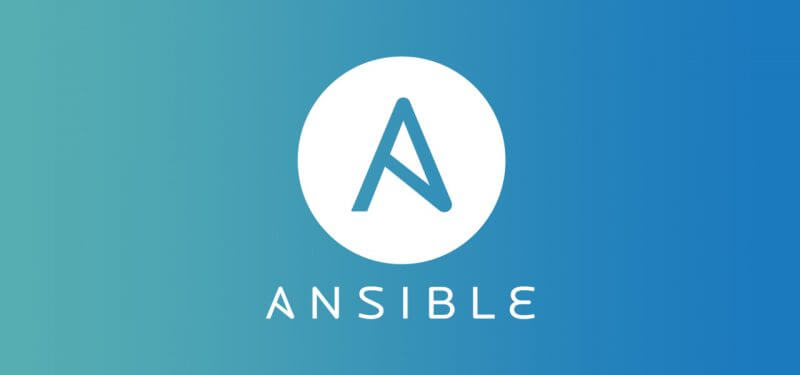

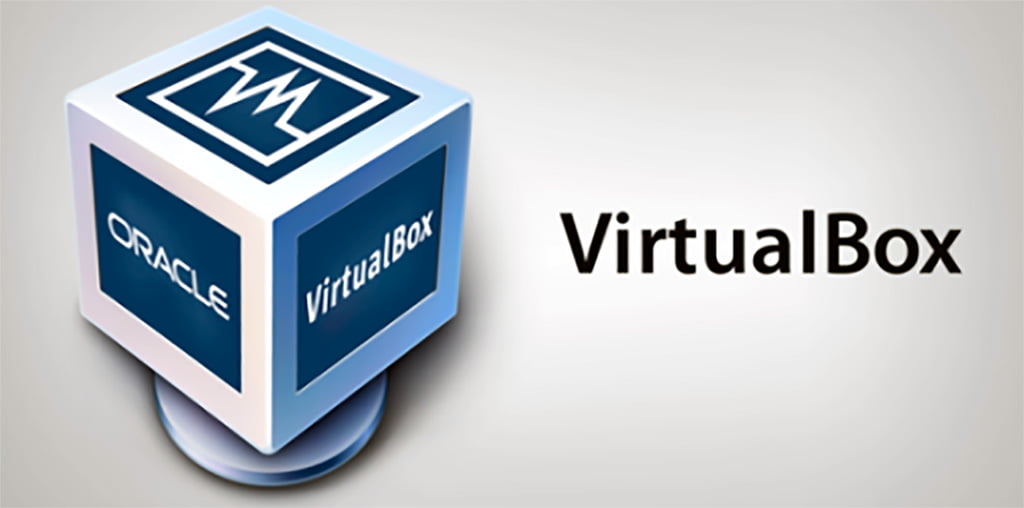
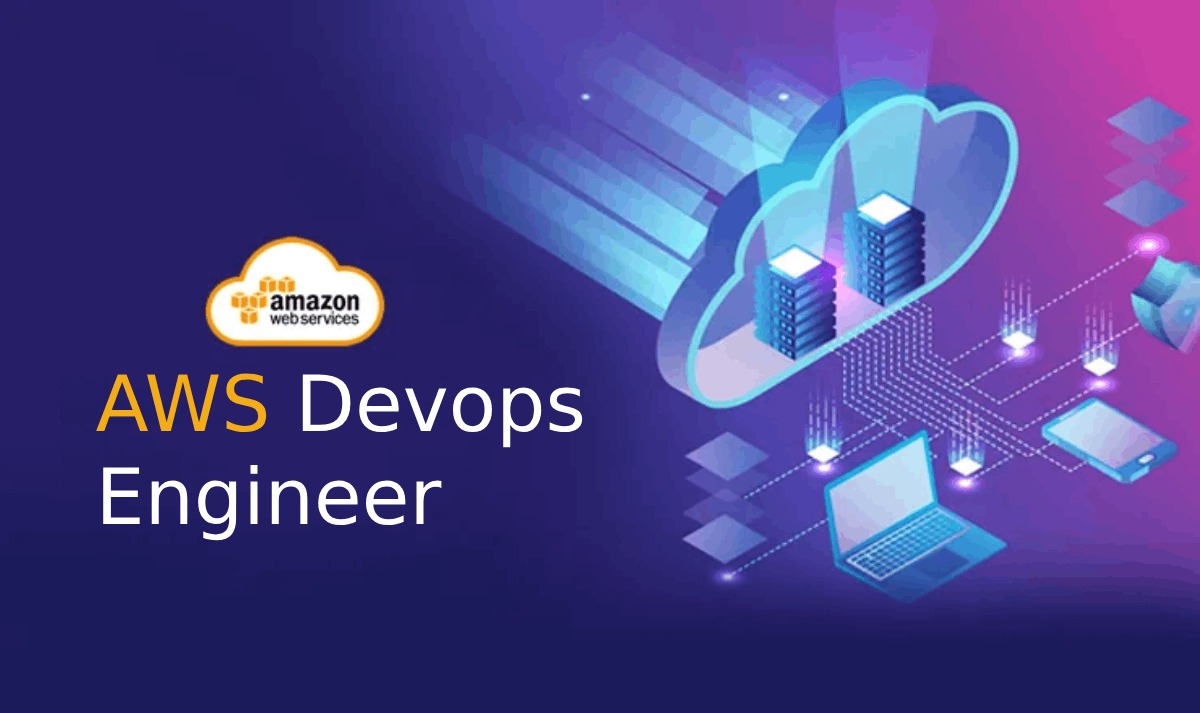
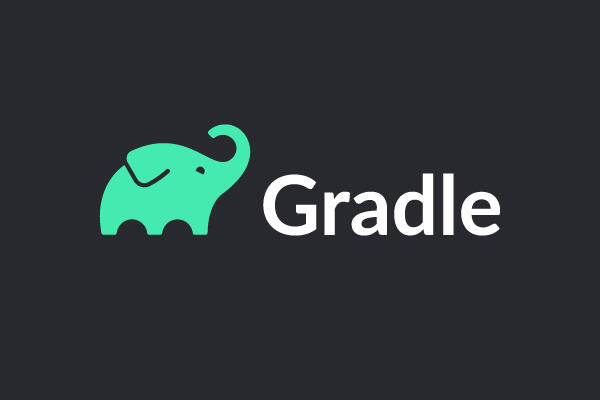
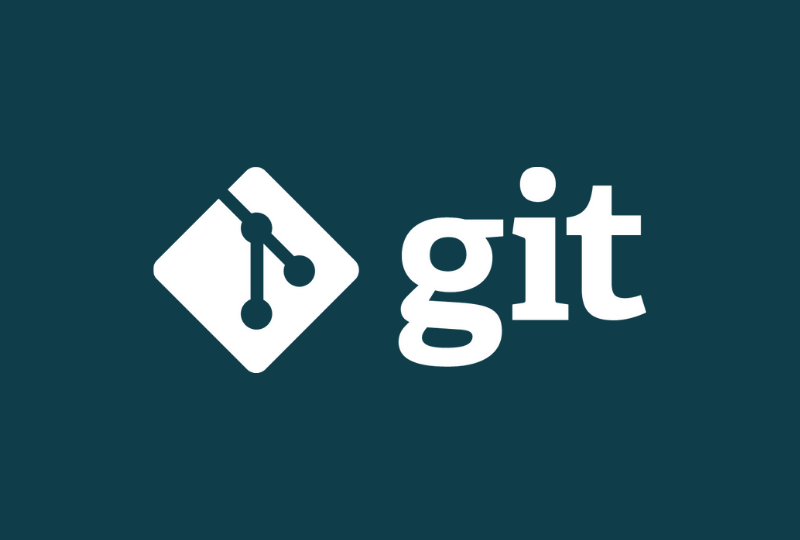
Reviews
There are no reviews yet.